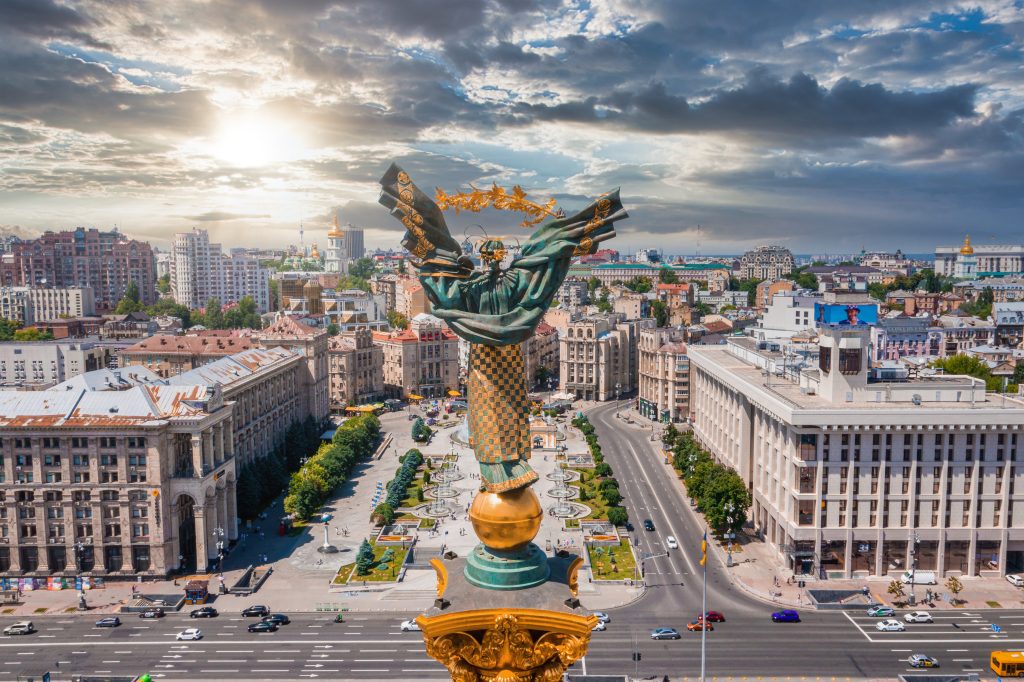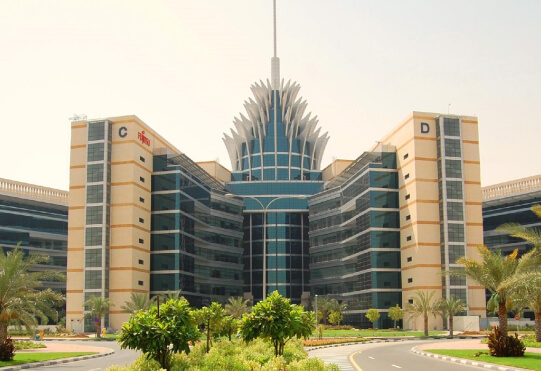Five years ago, Dubai and the UAE were known as luxury lifestyle and entertainment hub, not only within the Arab Gulf but also on a global scale. The country was famous for its luxury hotels, captivating tourist attractions, vibrant beach clubs, and fascinating megaprojects, like the Burj Khalifa.
On the other hand, Saudi Arabia, with its biggest cities Riyadh, Jeddah, and Dammam, were boring places for visitors, even from the Middle East. Activities associated with traditional Arabian cultures, such as falconry, desert picnics, and Majlis gatherings, remained incomprehensible to foreigners. That is why Saudi Arabia’s image was, and still is, primarily a business-oriented destination.
However, from 2018 onward, a new era emerged under the reign of the new Crown Prince Mohammad Bin Salman (MBS) and his Vision 2030 initiative. Saudi Arabia embarked on a journey of progressive reform that sparked intense competition with the United Arab Emirates across all facets of life, including lifestyle choices.
A key difference between the United Arab Emirates and Saudi Arabia is the stark dissimilarity in the evolution of lifestyle dynamics. The UAE’s path to liberalization began decades ago, whereas Saudi Arabia is just at the beginning of its process. Notably, the UAE is considered probably the most open-minded country in the Arab Gulf, fostering an environment of cultural diversity and dynamic modernity. Nowadays, the UAE is one of the most multicultural countries globally, with only around a 12% native Emirati population and 88% expats from across the world, according to Global Media Insight.
On the contrary, Saudi Arabia, deeply rooted in Islamic traditions, is taking a more conservative path, with traditions rooted deeply in Islamic beliefs. However, Saudi Arabia is now embarking on a transformation, and the nation’s cultural homogeneity, rooted in Islamic beliefs, is shaping its trajectory toward a more progressive future.
A significant transformation, initiated by Crown Prince MBS, is perceiving women’s rights within Saudi society. His program has brought significant advancements to female empowerment in the country. Can you imagine that women were not allowed to drive in Saudi Arabia until June 2018, and women’s participation in the workforce was strictly limited? In fact, until 2017, even working as a female cosmetics salesperson was prohibited.
With Vision 2030, however, the Saudi lifestyle and business culture are changing rapidly, becoming more and more accepting of women in different business roles and places. An illustration of this transformation can be observed at Riyadh airport, where, while waiting at passport control, one is likely to be assisted by a woman in a traditional Arabic veil, which was unheard of less than five years ago. Today, women make significant headway in various fields, including service, corporate, governmental, and academic spheres.
On the contrary, the UAE has actively promoted women’s participation in the workforce for years. The country is ranked as a leader in gender equality in the region, according to the World Economic Forum’s 2023 Global Gender Gap Report. Women hold influential positions across governmental, corporate, and academic domains. The nation’s proactive implementation of such policies shows its commitment to gender equality.
Notable cultural advancements during MBS’s reign include the first Saudi public concerts by female singer Hiba Tawaji in 2017, the first Saudi sports stadium to admit women, and, very importantly, opening the country to international tourists. The introduction of the e-visa system has facilitated international travel to Saudi Arabia, allowing foreign visas to be applied for and issued via the Internet.
On the topic of encouraging expatriates and foreigners, Saudi Arabia and the UAE choose different paths, reflecting their unique perspectives. As per the old laws, expatriates in the UAE enjoyed fewer rights and privileges than native Emiratis. Their residency rights were often conditional on employment. However, since January 2021, the UAE government has opened up a pathway for expats, announcing that skilled professionals are now able to obtain UAE citizenship.
Saudi Arabia has a different strategy. The Kingdom has taken significant steps to diversify its economy, but this transformation has been a more recent development compared to the UAE’s long-standing efforts. The Saudi government, realizing the need for economic transformation, tries to change the role of expatriates within its borders. This strategy seeks to amplify the participation of Saudi nationals in the private sector workforce, fostering a more balanced employment landscape.
One more interesting lifestyle transformation has been the evolution of regulations governing unmarried couples and unrelated roommates in the UAE and Saudi Arabia. In the UAE, sharing an apartment for unmarried couples and roommates of different sexes was prohibited by law, until new regulations in 2021 came about, allowing them to live together freely.
In Saudi Arabia, the country’s embracing of tourism made an important change too. Previously, unmarried couples traveling to Saudi Arabia for leisure were mandated to present evidence of marriage to share accommodations. This requirement, however, underwent alteration, enabling unmarried couples to share rooms during their vacation stays. However, this rule does not apply to Saudi citizens.
Furthermore, Saudi Arabia’s transformation journey includes an exceptional case involving international football star Cristiano Ronaldo. The nation made an unprecedented decision, allowing Ronaldo, an unmarried individual, to reside with his partner, in defiance of the previous law prohibition. For now, it is just a single case, but it shows the readiness of the country to implement great changes.
The UAE has invested heavily in creating world-class entertainment and tourist attractions. From iconic landmarks like the Burj Khalifa and Palm Jumeirah, to high-end shopping malls, luxury resorts, and extravagant events, Dubai offers a wide range of entertainment options. The city’s reputation as a top tourist destination has attracted millions of visitors annually.
The introduction of tourist visas, hosting of major events like the Formula E race and the Dakar Rally, and billions of dollars in investments in impressive tourist megaprojects demonstrate Saudi Arabia’s intention to become an even more popular tourist destination than the UAE. However, conservative cultural norms still influence the availability of entertainment options, and the transition to a more open and diverse entertainment industry takes time. For example, cinemas had been banned for 35 years in Saudi Arabia, and the first cinema opened only on April 18, 2018 in Riyadh.
Another noteworthy shift is the UAE’s alcohol policies. Drinking alcohol will also not be an offense in the UAE anymore, and anyone who drinks and possesses alcohol, or sells alcoholic beverages in authorized areas without an alcohol license, will no longer face penalties. However, individuals must still be over 21 to purchase or consume alcohol. Meanwhile, alcohol consumption, importation, brewing, and selling are completely banned in Saudi Arabia.
The United Arab Emirates and Saudi Arabia are two pivotal players in the Arab Gulf, each on a unique journey of transformation and growth. As the UAE has cultivated its global reputation as a hub of entertainment and luxury, Saudi Arabia is following suit with bold ambitions to establish itself as the next Dubai. No one can predict how far this competition will go, but it will surely increase the variety of lifestyle propositions, propelling further growth in the entire GCC region.
***
The material was prepared by Yana Tepla, Digital manager at CFC Big Ideas.



